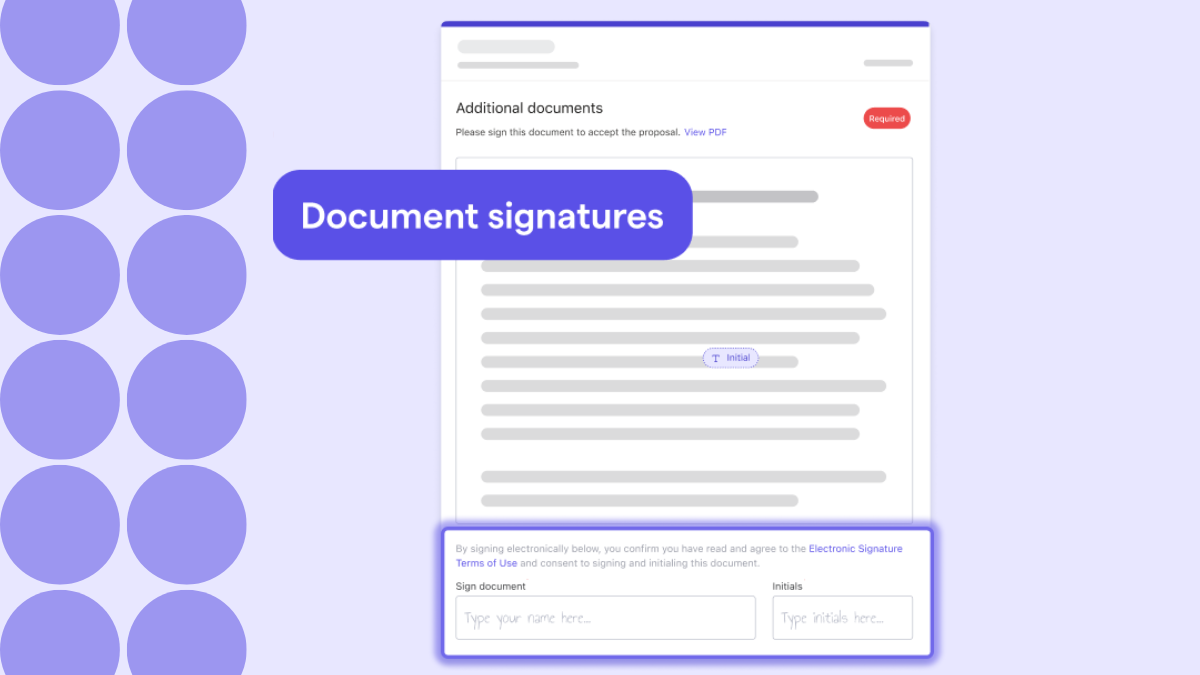8 Ways to support your clients during uncertain times

While external events happen all the time, I think it’s safe to say the uncertainty at the moment – politically, economically, and socially – hasn’t been matched in that time and is resulting in a scary time for many business owners.
Thankfully, as trusted advisors, we can make a real difference to the lives of our clients and help ease this situation for them. Here are my top tips on how to do this effectively:
1. Remember the people behind the ‘client’
If you consider the businesses that you act for as your ‘client’, you might not necessarily be in tune with exactly what they’re feeling right now. Despite us being engaged formally by the business entity, it’s the people who we serve. Check in with your clients, find out what their mindset is like, and look for ways to be supportive. Being in business can be lonely, and most will welcome the offer.
2. Be a voice of reason
There’s an old saying: ‘nothing is ever quite as good or as bad as it seems’. Rather than adopting an overly prudent or optimistic approach, try being the voice of reason for your client. It’s likely that they’re swaying one way or another, and to be the best professional you can be it’s important to be the missing counter balance.
3. Look for the data to support any hopes or fears
It’s likely that you will have at least some clients who are experiencing some form of anxiety or panic about the current situation. While it isn’t your place to support them medically, what you can do is ensure that you help them substantiate any concerns or dreams they have. Try to validate as much as possible – most of us know that once you have data, whether it provides insights that are good or bad, you can then at least make informed decisions.
4. Remind your clients about the importance of cash
Cash is king. We’ve all heard this saying plenty of times, but it’s only in tough times that we really appreciate the importance of this. During downturns, cash pressures are the usual symptom and, potentially, eventual downfall of poorly managed businesses. This is compounded by the lack of appetite among banks to lend money right now. Rather than solely obsessing over the finer details of how clients are analysing their records, try to spend some time with them to help them understand the levers they can pull in their business to improve their cash generation, and to talk through various ‘what if’ scenarios.
5. Help your clients understand their costs
A simple task of running through a P&L account and talking through all expenses is likely to help your clients identify potential savings. I’m sure this is something you do. As someone who is away from ‘the tools’ and is detached from the delivery of accounting advice, here are the extra considerations to think about:
- I’ve yet to meet an accountant who doesn’t make a blanket judgement that marketing costs should be reduced. I’m sure that they’re out there, but they’re a rare species. In a downturn this can quickly become catastrophic as revenue needs to be preserved at all costs. Instead, help your clients understand the importance of monitoring and managing the ROI on these.
- Rather than solely looking to reduce costs, take the opportunity to educate your clients about their margins, and the impact of changing product mix and discounting.
- Focus relentlessly on helping to ensure that your clients have a clear understanding of their break-even position, and implementing measures to check that all is on track.
6. Set yourself up for success
It’s unlikely that the ‘latest and greatest’ tool will shield your clients from the challenges out there. However, by looking at your own business you can automate some basic compliance and give yourself more time to devote to these conversations. Client engagement and commerce tools such as Ignition help you to automate the stuff that you need to do, allowing you to focus on your clients instead.
7. Run a bulletproof business yourself
8. Look after yourself
Finally, the most important thing. No accountant can advise their clients if they themselves are out of action. We have been battered and bruised by the pandemic, and just as we were expecting the Roaring ’20s we’ve been plunged head first into a recession. Make sure you take time out. Self care might seem like a woolly concept, but it really is vital to make sure that you’re on top form for your family, your clients, and your business. Simply put, you’re of no use if your own batteries have run out.
Join us
Chat with Carl live during our upcoming Q&A. Have your most pressing questions answered and challenge today's economic uncertainty head on.



